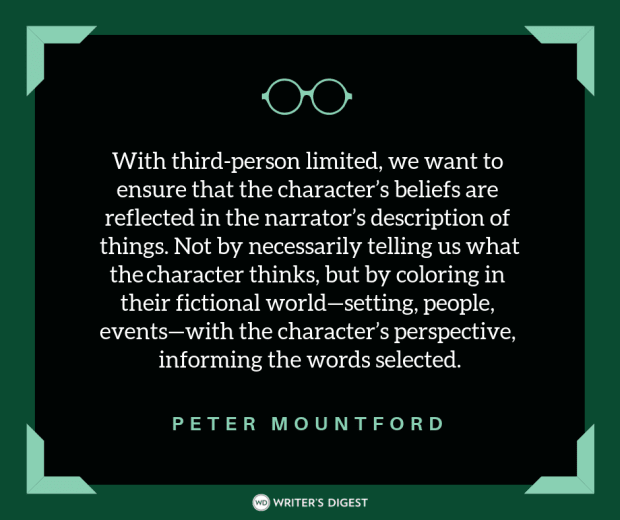The 5 Attributes of a Successful Ghostwriter
BY KELLY JAMES-ENGER I’ve been writing about making money as a freelancer for well over a decade now. I have written five books, dozens of articles and hundreds of blog…
BY KELLY JAMES-ENGER
I’ve been writing about making money as a freelancer for well over a decade now. I have written five books, dozens of articles and hundreds of blog posts about the subject. I get many questions, and lately many of those have been about the field of ghostwriting. What is ghostwriting? How lucrative is it? How do I get started?
The fact is that any competent writer can ghostwrite as well—as long as you understand the additional responsibilities that come with ghosting. There’s a growing market for talented ghostwriters, so I encourage freelancers to consider whether their personality, background and experience make you a good fit for the field.
Your clients’ needs may vary, but I believe that successful ghostwriters must have the following attributes:
Confidence. Confidence is a key to ghostwriting success for several reasons. First, a confident ghost is more likely to get clients—when they trust in your abilities, they’re willing to hire you to write their book or blog post. Second, your confidence in yourself will make your job easier when it comes to creating a piece of writing that sprang not from your own ideas and brain, but from your client's. Finally, you have to have enough confidence to recognize that you can write without a byline—and that any praise your piece, whether an article or book, receives will be directed to and accepted by your client—not you. If that idea makes you uncomfortable or resentful, ghosting isn’t for you.
Creativity. It’s a rare client who simply wants to dictate his thoughts and have me write them up for him. (And that’s not really ghostwriting, but transcribing.) A ghost does much more than that—she may be called on to conceptualize, organize, research, edit and rewrite. As a freelancer, you’ve no doubt come up with story ideas, organized articles or book chapters and come up with new approaches to subjects you’ve written about that before. You’ll use those same skills when you ghostwrite.
Flexibility. When you write your own piece, you do the research and writing. When you ghostwrite for a client, though, you may need information—whether written or in the form of phone, email, or in-person interviews—directly from that person. If he’s not available when you need him, you may have to push back a deadline or move forward on another part of the project that doesn’t require his immediate input. If you’re working per your client’s deadlines (and not, say, for a traditional publisher), then he may not feel the pressure to complete the project—which means you fall behind (and don’t get paid for your work). Understanding that when you ghost, you may at the whim of your client is key to ghosting.
Ability to organize. If you’re working on a short project, this is less important. But consider, for example, ghosting a book. That requires that you organize the information you receive from your client, research you perform on your own, different drafts of chapter, and other relevant information. I like to use manila folders for book projects, and set up a folder in Word to hold all of the various research and chapters; your methods may vary but the key is to manage information, drafts, and emails in a way that works for you.
Publishing knowledge. If you’re ghostwriting shorter pieces like articles and blog posts, this is not a great concern. However, if you’re going to ghostwrite books for clients, you should have some books under your belt already. If you have published your own books with traditional publishers, you have an understanding of the industry that will benefit your clients. And if you’ve self-published with a print-on-demand, or POD, company, that knowledge will help clients who choose the same option. Ghosts who have done both—traditionally published and self-published (whether in print, or with e-books, or both)—have a huge advantage over ghosts who are great writers but know little about publishing today. In my opinion, the more experience you have with books, the more valuable you are to a client, and the more potential you have as a ghostwriter.
Ask yourself honestly whether you have these five essential attributes. If the answer is yes, then consider adding ghosting to your freelance repertoire.
Kelly James-Enger is a longtime freelancer and the author of more than a dozen books including Goodbye Byline, Hello Big Bucks: Make Money Ghostwriting Books, Articles, Blogs and More, Second Edition; Six-Figure Freelancing: The Writer's Guide to Making More Money, Second Edition; and Dollars and Deadlines: Make Money Writing Articles for Print and Online Markets.
You can find more from Kelly James-Enger on Twitter (@ImprovisePress), Facebook (Improvise Press), and her website, improvisepress.com.
Adrienne Crezo is the former managing editor of Writer's Digest magazine. Follow her on Twitter @a_crezo.









